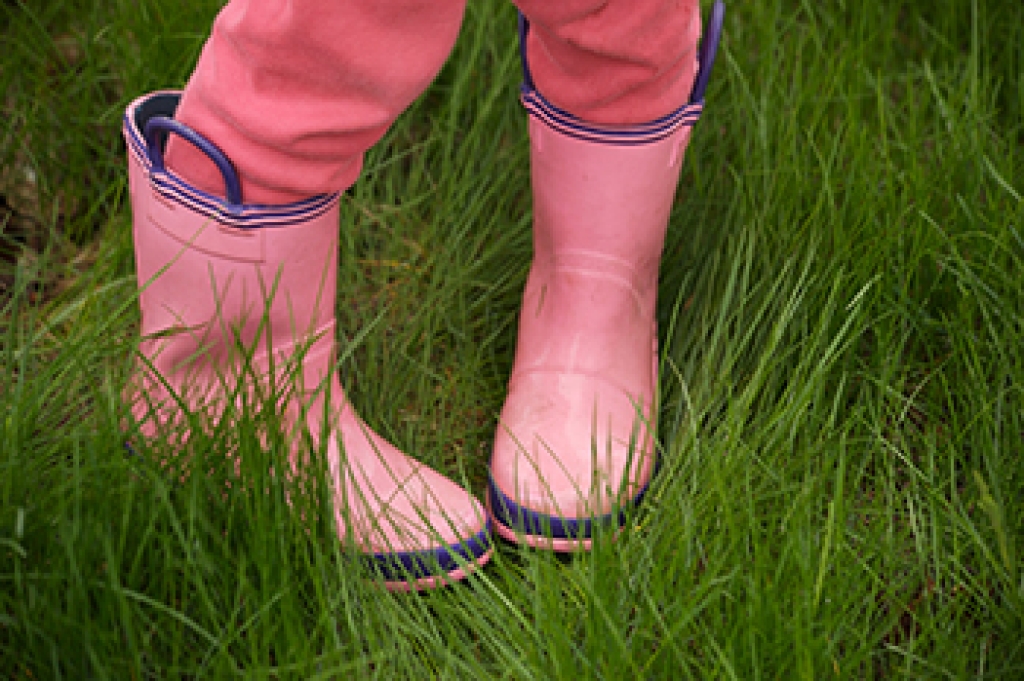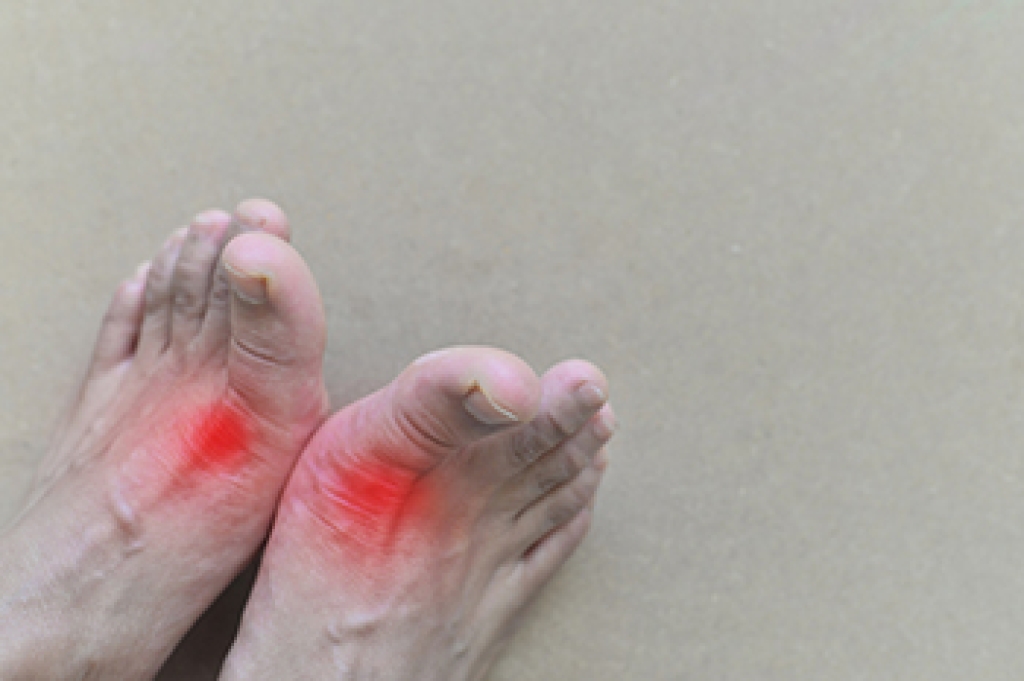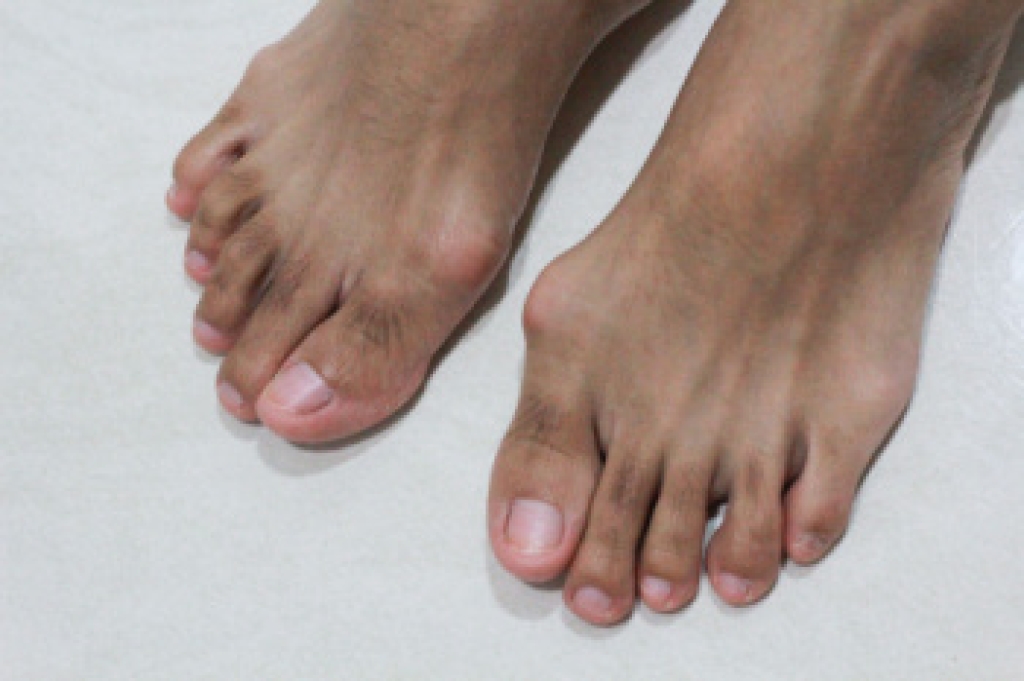
Children’s foot deformities are common and often noticed as a child begins to walk or becomes more active. Intoeing is a condition where the feet turn inward while walking, which may come from the hips, legs, or feet. Causes can include developmental changes, muscle imbalance, or inherited foot structure. Symptoms may involve frequent tripping, awkward walking patterns, uneven shoe wear, or leg fatigue during play. While many children outgrow intoeing, some cases may benefit from professional evaluation. A podiatrist can help by assessing gait, foot alignment, and growth patterns to determine the cause and severity. Treatment may include monitoring, stretching exercises, wearing supportive footwear, or custom orthotics to guide proper foot position. If you notice your child walking with their feet turned inward or having difficulty keeping up with activities, it is suggested that you schedule a podiatry consultation to ensure proper foot development and confident movement.
Making sure that your children maintain good foot health is very important as they grow. If you have any questions, contact Ramin Nadjafi, DPM of Advanced Podiatry Group. Our doctor can provide the care you need to keep you pain-free and on your feet.
Keeping Children's Feet Healthy
Having healthy feet during childhood can help prevent medical problems later in life, namely in the back and legs. As children grow, their feet require different types of care. Here are some things to consider...
Although babies do not walk yet, it is still very important to take care of their feet.
Avoid putting tight shoes or socks on his or her feet.
Allow the baby to stretch and kick his or her feet to feel comfortable.
As a toddler, kids are now on the move and begin to develop differently. At this age, toddlers are getting a feel for walking, so don’t be alarmed if your toddler is unsteady or ‘walks funny’.
As your child gets older, it is important to teach them how to take care of their feet.
Show them proper hygiene to prevent infections such as fungus.
Be watchful for any pain or injury.
Have all injuries checked by a doctor as soon as possible.
Comfortable, protective shoes should always be worn, especially at play.
If you have any questions, please feel free to contact our office located in Orlando, FL . We offer the newest diagnostic and treatment technologies for all your foot care needs.




